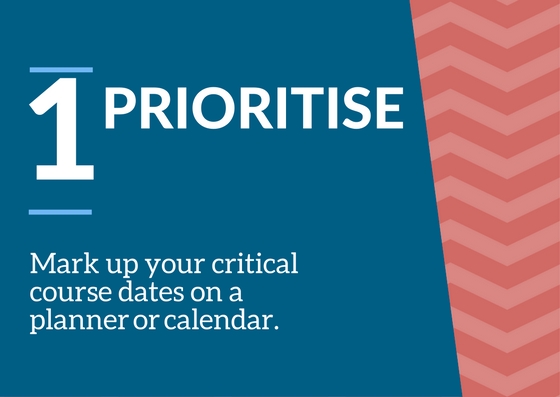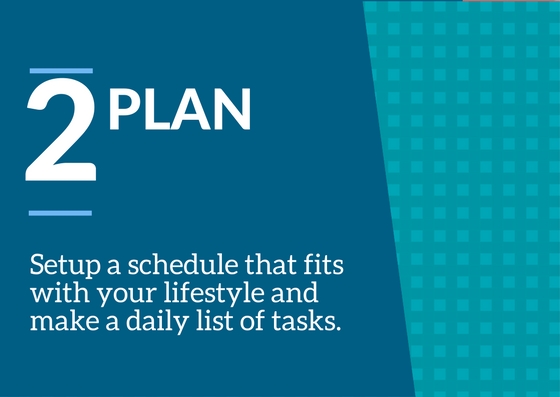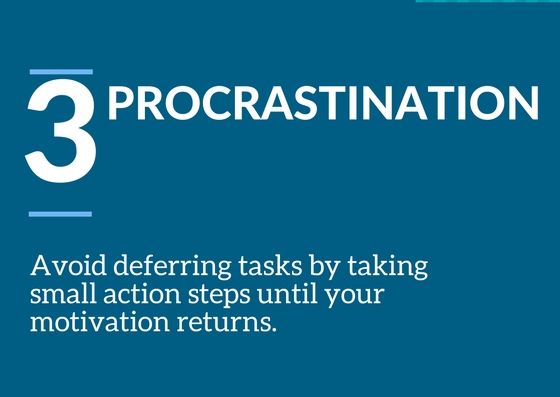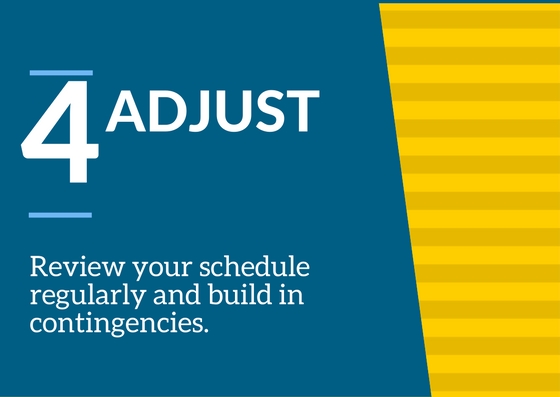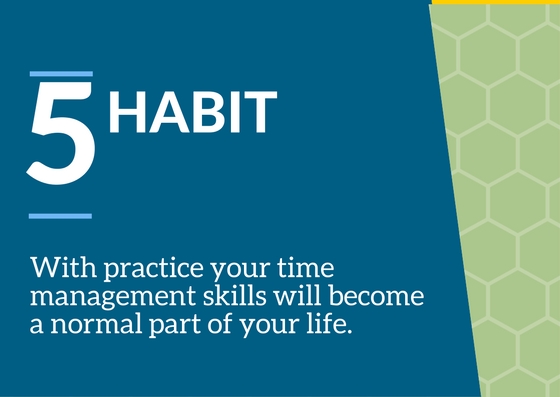Studying should be a rewarding experience that sets you on the path to your future career. But, sometimes it's a little bit difficult to manage your study and other life commitments so here's a few tips for you.
As Benjamin Franklin said, ‘by failing to prepare, you are preparing to fail’.
Staying organised keeps your studies and your life on track so make good use of a diary and a wall planner. By mapping out your year you’ll know when your assessments are due and when your exams are scheduled. When you have an idea of your deadlines you can schedule in some free time and have an enjoyable and relaxing break.
Do you have the time to study full time?
At Southern Cross University, most courses run over 3 sessions a year that go for about 12 to 14 weeks. A full time student normally studies 3 to 4 units a session, at a minimum of 10 hours per unit per week, that’s almost the equivalent of a full-time job.
Some courses run over 6 study periods. Normally you’ll be managing full time work as well as one unit per study period and you’ll need to set aside about 20 hours per week of study time. These students are typically SCU Online postgraduate students.
If at any point you’re struggling to stay on top of it all get in touch with the staff and they’ll help you find a way to make it more manageable.
There are a few online tools to help you stay organised during your studies. Here are four of them.
Firstly check your calendar so you know when study’s on and when you have time off. www.scu.edu.au/teachingcalendar On the Southern Cross University website, go to Key dates / Academic Calendar.
The next place to check is your Unit Information Guide. Log in to MySCU, select your Learning Site and click on Unit Overview in the left-hand menu. Here you can download the Unit Information Guide, which contains all the information you need to know about your unit.
The next useful online tool is the Study Toolkit. There’s plenty of study skills modules and a time management module to see if you can manage your social, work and study life. On your MySCU homepage click on the banner at the bottom of the page if you can’t see it try refreshing your browser. Here you’ll find a life study calculator, have a play around with the sliders and see if your ideas are manageable.
And finally, because sometimes things do become unmanageable, knowing how to be prepared for more difficult times is critical for your success. www.scu.edu.au/counselling
It can be really useful to connect with others online via social media. Southern Cross University has its own social channels so make sure you follow them to stay updated and connected.
Our last tip is to make use of mobile and desktop apps that will make your time at university a little easier. So here are our top 5:
The Mobile at SCU app has shortcuts to useful university information and web pages. Make sure to download it now.www.scu.edu.au/it/mobility
Did you know that all Southern Cross University students get access to Microsoft Office for free? Visit the Technology Services web page for more information. www.scu.edu/servicedesk
One of the things you’ll need to stay on top of is your student emails from Southern Cross University. Make sure you set up the Outlook app on your smartphone to receive communication from teaching staff, your classmates and other university services.
Smiling Mind is an Aussie app designed to help you calm your mind when it’s racing and help get you back to a more balanced state of being. Stay calm and download it now. www.smilingmind.com.au
This last one isn’t a specific app but because your health and wellbeing are so important, I’d strongly recommend downloading a health or fitness app it could be yoga, dance, running or something else – just anything that gets you moving.
So there they are, 5 ways you can stay balanced and organised and get the most out of your time at Southern Cross University.
Good luck, and stay in touch and check out our other videos.
